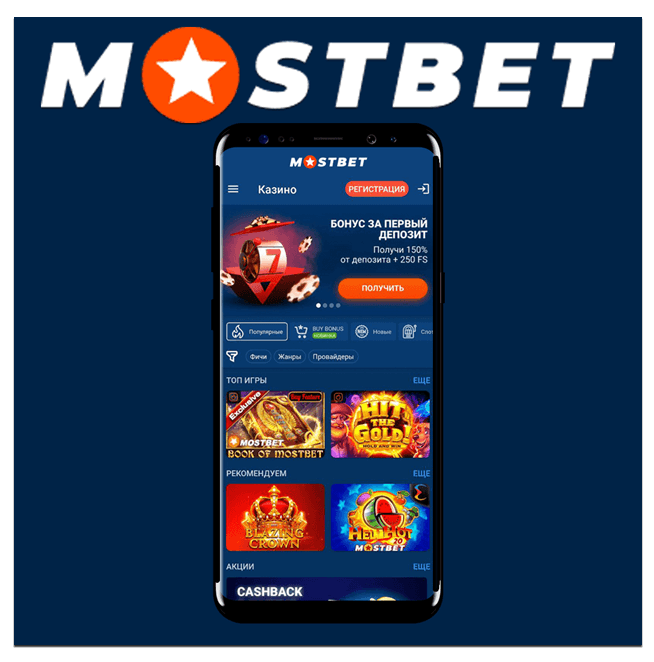Behind the Marketing of Modern Gambling Ventures

Behind the Marketing of Modern Gambling Ventures
In an era where the gambling industry is experiencing unprecedented growth, the marketing strategies that underpin this expansion are equally fascinating. Companies like Behind the Marketing of Mostbet Casino employ a myriad of innovative techniques to attract and retain customers. This article aims to uncover the behind-the-scenes tactics used in gambling marketing, exploring insights into consumer behavior, the power of digital platforms, and the ethical considerations that come into play.
Understanding the Audience
The first step in any effective marketing strategy is understanding the target audience. For gambling companies, this means recognizing the demographics, interests, and behaviors of different player segments. Traditional gamblers may differ from younger audiences who prefer online platforms. Armed with this knowledge, marketers can tailor their messages and channels accordingly.
Leveraging Data Analytics
Modern marketing is heavily data-driven. Gambling companies utilize advanced analytics to track user behaviors, preferences, and purchasing patterns. By employing tools such as predictive analytics and machine learning algorithms, these companies can personalize their offerings. For example, a player who frequently bets on football may receive targeted promotions for related games or events, enhancing the likelihood of engagement.
Emphasizing Unique Selling Propositions
In a crowded market, distinguishing one’s brand becomes essential. Gambling companies often highlight unique features or services—like live dealer options, a vast array of betting options, or exclusive bonuses. Crafting a compelling unique selling proposition (USP) not only attracts new customers but also retains existing ones, fostering brand loyalty.
The Role of Content Marketing
Content marketing plays a pivotal role in the gambling industry. Blogs, videos, and social media posts serve not only to advertise products but also to educate and engage potential players. Informative content can demystify games, strategies, and responsible gambling practices. By positioning themselves as thought leaders, companies can build trust and authority in a market often perceived as risky.
Utilizing Social Media Platforms
Social media has revolutionized marketing across all industries, and gambling is no exception. Platforms like Facebook, Instagram, and Twitter allow companies to engage with audiences directly, share promotional content, and foster community. Utilizing influencers and partnerships can also amplify outreach, making it easier to connect with wider audiences, especially younger demographics.
Implementing Affiliate Marketing

Affiliate marketing has emerged as a prominent strategy in the gambling sector. By partnering with affiliates—individuals or companies who promote the gambling platform in exchange for a commission—gambling brands can extend their reach significantly. Affiliates can provide authentic reviews and testimonials, leveraging their own audiences to bring in new customers.
Incorporating Gamification
To enhance user engagement, many gambling companies are incorporating gamification into their marketing strategies. This involves adding game-like elements to non-game contexts—such as reward systems, loyalty programs, and challenges. These techniques not only increase customer retention but also make the gambling experience more engaging and enjoyable.
Responsible Gambling Initiatives
While the aim of marketing is to attract players, ethical considerations cannot be overlooked. Gambling companies must market responsibly, ensuring that messages do not glamorize risky behaviors or target vulnerable populations. Many companies have adopted responsible gambling initiatives, promoting self-exclusion options and raising awareness about addiction. This not only enhances corporate reputation but also builds trust with the audience.
The Influence of Technology
Technological advancements, such as mobile applications and live-streamed gaming, are transforming the gambling landscape. Marketing strategies must adapt to these changes, focusing on mobile-friendly campaigns and engaging experiences. Brands that successfully integrate cutting-edge technology into their offerings position themselves as modern and appealing to tech-savvy consumers.
Challenges in Marketing Gambling
The gambling industry faces unique challenges in marketing, including regulatory restrictions in various jurisdictions. Companies must navigate complex advertising laws while striving to maintain visibility. This requires flexibility and creativity in how promotions and communications are crafted, ensuring compliance while still being compelling.
Future Trends in Gambling Marketing
As technology and consumer preferences evolve, the future of gambling marketing will likely be characterized by further personalization through enhanced data analytics, an increased emphasis on responsible gambling practices, and the integration of virtual and augmented reality experiences. Companies that stay ahead of these trends will have a competitive edge in this fast-paced industry.
Conclusion
The marketing strategies behind the gambling industry are multifaceted and continuously evolving. By understanding their audience, leveraging data, and embracing new technologies, companies can create effective and responsible marketing campaigns. As this industry grows, so too will the importance of ethical marketing practices, ensuring that consumers enjoy gambling in a safe and informed environment.

